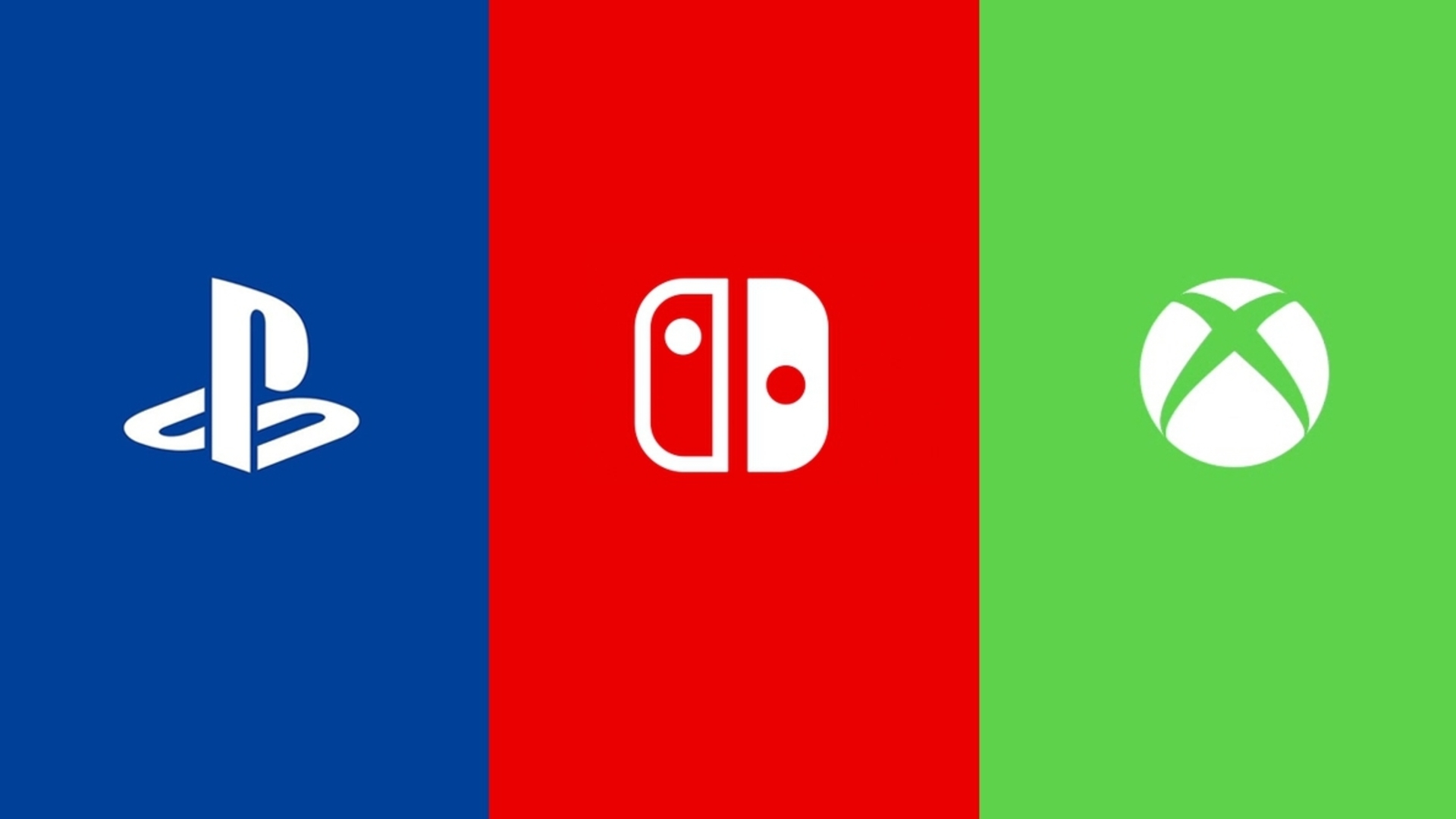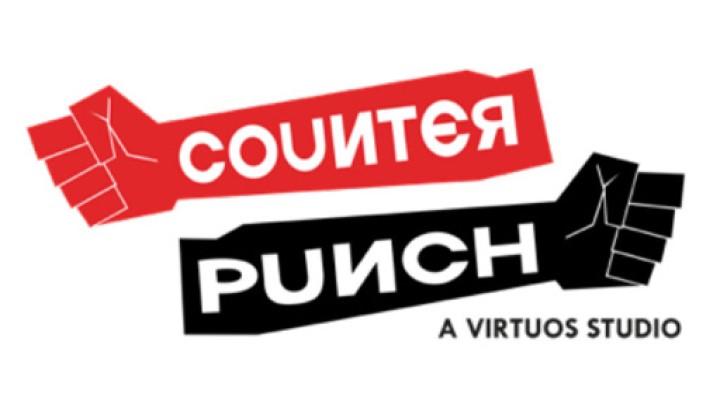
If you’ve been playing games for a while, it’s very unlikely that you haven’t engaged with Virtuos’ work. Though not a studio that’s known for its internally developed titles, Virtuos has a massive operation that routinely provides support work and co-development for a vast amount of games from across the industry. As a studio that has such widespread reach and areas of expertise, Virtuos is a name that demands attention in more ways than one. We were recently able to send across some of our questions to the studio to learn more about,its internal working processes, its plans for the future, and more. You can read our interview with Philippe Angely, managing director of Virtuos’ games division, below.
"It does not matter where or how big our studios are – all of our teams use the same tools from production, to HR, finance, and communication. We take pride in this and believe it sets us apart."
As a company that works on such a wide variety of projects attached to so many different studios, how do you go about ensuring you remain on top of all of the varied design and art styles and technological advancements in the industry?
We’ve had a training program in place for fresh graduates since the founding of Virtuos. Trainees are taught by dedicated art directors and lead artists in everything from sculpting, painting, to original art and 3D art creation. Asia-based talent are trained in Western art styles and vice versa. Having studios in three continents – Asia, Europe, and North America – allows us to cover all the different art styles you can find in video games. We also have resources that provide our C++ developers with training in various areas of game production.
Continuous training and development for our talent as they progress in seniority is made possible by our Central Technology Group (CTG), a dedicated team that develops up-to-date materials and training programs for employees to remain at the cutting edge of art and game production. Training covers areas such as game design and art in different engines, as well as technical art. CTG also manages guilds at Virtuos – our Technical Art guild, for example, comprises a group of experts who closely follow releases of tools and software for video game pipelines. Guild members test these tools and create documentation on how to use them in a pipeline.
We are also thankful for our deep partnerships with middleware makers like Epic Games, which give us access to the latest tech updates. We were among the first external development companies to release a game using Unreal Engine 4 on consoles, and also one of the first to access an early version of Unreal Engine 5 before its release.
Ordinarily, studios tend to specialize based on the projects they’re working on, so how differently does Virtuos operate on that front?
We cover a full range of specializations through our network of studios worldwide. Our bigger studios in France and China can handle full-stack game development, while our smaller studios such as Virtuos Montreal specialize in concept art, CounterPunch (in LA) in facial animation, while Black Shamrock – a Virtuos Studio (in Dublin) focuses on level design and DLC creation. For our clients, they have access to our full range of capabilities regardless of the city they are based in as our studios interoperate.
What does the Virtuos production framework look like for a typical project, given how many people the company employs and how many projects you work on? When it comes to issues such as avoiding crunch or ensuring smooth management and leadership on projects, how has the company’s approach evolved with time?
Adding to my point on interoperability, we believe that integration is key to being a truly global company in this industry. It does not matter where or how big our studios are – all of our teams use the same tools from production, to HR, finance, and communication. We take pride in this and believe it sets us apart.
We have several measures in place to mitigate overworking, and one of the key ways we do so upstream is through project and resource management. Having been in the business for over 19 years and seeing an average of 150 projects each year, we have become experts at making precise estimates of project requirements. We track overtime and our data shows that we have been successful at keeping it to a minimum for our employees in the game division, for instance.
"We were among the first external development companies to release a game using Unreal Engine 4 on consoles, and also one of the first to access an early version of Unreal Engine 5 before its release."
Virtuos has a long history of partnering with companies across the industry for co-development and support work on major projects, but do you have any plans to expand more into internal development and creating a Virtuos-developed game and IP?
We announced a business unit called Virtuos Originals earlier this year, through which we enable our teams to explore their creativity while bringing greater value to our clients who may be interested to co-produce and publish original games with us. This is a bottom-up approach that provides a creative outlet for our teams, and we created a framework to guide and support their ideas from infancy to maturity. Once the game idea is polished enough, it is pitched to clients for co-financing and publishing.
We’re not publishers, of course; we’re content producers. This is our way of offering more creative outlets for our developers and climbing the creative ladder with our clients.
Last year, we released a PC game called Mahokenshi that was published by Iceberg Interactive. And we currently have three games in the prototyping stage. Overall, we want to make sure everyone who’s interested has the opportunity to work on full-cycle developments.
Given the size of Virtuos and the collective experience you have as a whole, how have you approached the prospect of mergers and acquisitions, especially in recent years? How does that approach differ for a company like Virtuos, which is more focused on co-development than internal projects?
Traditionally, Virtuos has been pretty good at building studios from the ground up. With a multicultural management team, we started the company in China and expanded quickly to Europe and North America. And today, we operate in 22 locations worldwide. We engage in an M&A only when we find a good management team, a cultural fit, and access to new skills and talent pool.
We have three main goals for our expansion. First, it’s about getting access to talent pools outside of countries where we operate. Like our acquisition of Sparx* and Glass Egg, which gave us access to the well-trained and deep talent pool in Vietnam.
Second, it’s about acquiring specific skills. For instance, when we acquired CounterPunch in Los Angeles and its expertise in facial animation. Or when we built Virtuos Labs in Lyon, Montpellier, Warsaw, and Prague to strengthen our engineering capabilities.
Lastly, it’s also about getting closer to our clients, as we did with the setting up of game development studios in the Bay Area, and very recently, in Tokyo.
I know Virtuos has been fairly active in identifying and acquiring talented teams, but is that an area where you might accelerate your plans in the near future? On the flipside, would Virtuos be open to being acquired by another company?
The acceleration of our acquisitions depends on the opportunity, and if it meets the three goals I mentioned earlier.
Remaining independent, versus being acquired, helps us work with as many partners as possible without any conflict of interest.
"It’s about acquiring specific skills. For instance, when we acquired CounterPunch in Los Angeles and its expertise in facial animation. Or when we built Virtuos Labs in Lyon, Montpellier, Warsaw, and Prague to strengthen our engineering capabilities."
To sign off, what would you say are Virtuos’ key goals when looking ahead to the coming years? Where’s the company headed, and what are the biggest ambitions you’re hoping to achieve?
We want to be the top global game developer and employer worldwide. A key success factor is ease of collaboration for both our clients and talent, alongside seamless project management, so that we expand strategically in markets with distinct needs and opportunities.
For example, our newest studio Virtuos Tokyo was just announced last week, strengthening our partnerships with Japanese game companies, such as Square Enix, after collaborating with them for over 14 years now. For our clients in Japan, we are excited to bring unique and global perspectives on game creation, and help take their games and businesses worldwide. For talent in Japan, we look forward to working together on both Japanese and global projects – we are actively hiring and more job openings will be available over time.
To end off, our vision is to be top of mind whenever someone thinks, “How can I make my game bigger or how can I make more games with my IPs?”

















